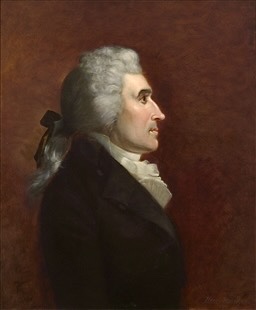This letter is part of our Four-Act Drama, a Constitutional Convention role-playing scheme for educators. For more information on our comprehensive exhibit on the Constitutional Convention, click here.
On July 16, 1787, the Connecticut Compromise was approved by delegates at the Constitutional Convention, resolving a weeks-long impasse between large and small state delegations regarding representation in the legislature. With this critical issue settled, delegates resumed discussion of the remaining resolutions from the amended Virginia Plan.
While the Committee worked, the Convention adjourned, agreeing to reconvene by August 6 to review the Committee’s report. The two-week adjournment, referred to as the Four-Act Drama’s intermission, provided a pause in Convention proceedings to consolidate deliberations into a cohesive framework.
While the Convention made crucial progress throughout the late summer, some delegates remained uncertain about the direction of the proposed government and its eventual reception by the public. When the Convention reconvened, the Committee of Detail’s report became the focus of the proceedings, marking the next phase of the delegates’ work.




































































































































































































































![Finley, A. (1829) Pennsylvania. Philada. [Map] Retrieved from the Library of Congress, https://www.loc.gov/item/98688548/.](/content/uploads/2024/02/Map-of-PA--273x190.jpg)



































































































































































































